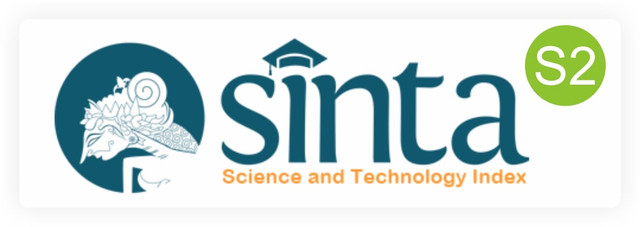Studi pharmacovigilance obat di puskesmas X Yogyakarta
DOI:
https://doi.org/10.12928/pharmaciana.v7i1.4227Abstract
ABSTRACT
Â
The increasing use of herbal medicine in community also increase adverse event and toxicity report. Adverse events and toxicity can be detected with pharmacovigilance system. Adverse Drug Reaction (ADR) of herbal medicines are rarely studied in Indonesia. With the increasing use of herbal medicines in Indonesia, pharmacovigilance studies are necessary to detect the incidence of ADR. The purpose of this study is to describe the incidence of ADR on the use of herbal medicines. This research is a descriptive study using retrospective data. Research was conducted for 3 months by taking 10-month retrospective data backward using medical record. Interviews were conducted to identify the occurrence of ADR and assessment of quality of life using Naranjo algorithm.The result showed that three (13.63%) of 22 patients experiencing the ADR with probability of probable categories (1) and possible (2). The symptom of ADR that showed was the increased frequency of defecation, decreased in stool consistence and diuresis.The results of this study concluded that there are ADR event in patients who have been prescribed herbal medicine in Public Health Center X Yogyakarta.
Â
Keywords: ADR, herbal medicine, pharmacovigilance.
Downloads
Published
Issue
Section
License
Authors who publish with Pharmaciana agree to the following terms:
- Authors retain copyright and grant the journal the right of first publication with the work simultaneously licensed under a Creative Commons Attribution License (CC BY-SA 4.0) that allows others to share the work with an acknowledgment of the work's authorship and initial publication in this journal.
- Authors are able to enter into separate, additional contractual arrangements for the non-exclusive distribution of the journal's published version of the work (e.g., post it to an institutional repository or publish it in a book), with an acknowledgment of its initial publication in this journal.
- Authors are permitted and encouraged to post their work online (e.g., in institutional repositories or on their website) prior to and during the submission process, as it can lead to productive exchanges, as well as earlier and greater citation of published work.



1.png)











